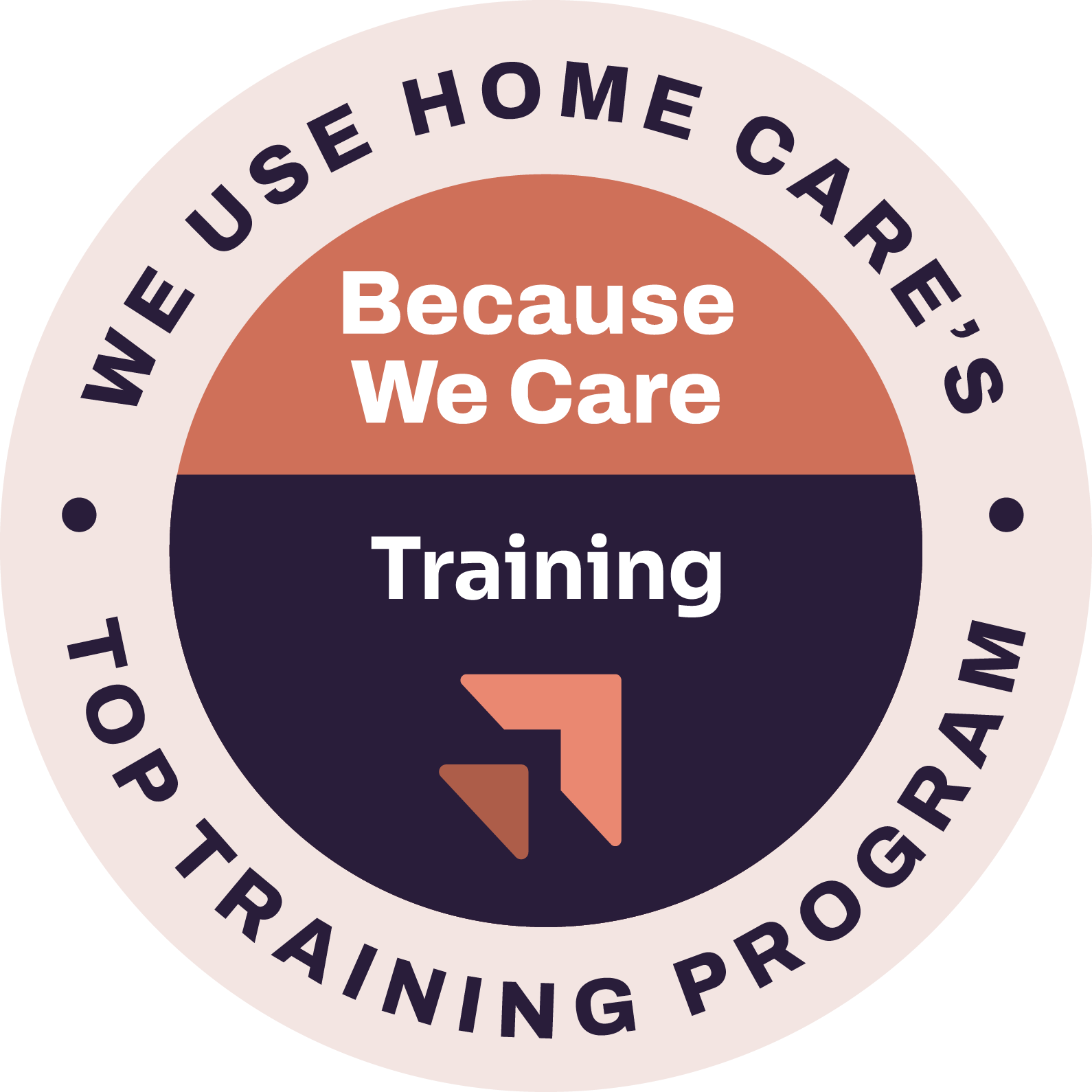We recently had the privilege of speaking about the Foster Grandparent program with Elisa Stutheit with Aging Partners in Lincoln, Nebraska. She offered some in-depth insight about this program designed to provide individuals age 55+ with an opportunity to give back to the community and serve youth in local schools and educational programs.
What is the Foster Grandparent Program?
The Foster Grandparent Program (FGP) is a federal volunteer service program created in 1965. Aging Partners has sponsored FGP in Lincoln and Lancaster County since 1997.
Foster Grandparent volunteers are role models, mentors, and friends to children with exceptional needs.
The program provides a way for volunteers age 55 and over to stay active and give back to the community while serving children and youth in their community. Foster Grandparents “share today, shape tomorrow” as their volunteer time is an investment in our future.
How does it work?
We are looking for adults that are age 55 or better, who will serve at least 15 hours a week. Volunteers serve mostly in Title I schools, with others in parochial schools or early childhood education centers. Each school has students that need some extra assistance and could benefit from Foster Grandparent involvement.
Maybe a student needs some extra practice with reading skills. Perhaps a student’s parent is deployed and not at home for a long period of time. Perhaps a student needs to learn English as their next language. Maybe they need help concentrating in class to better focus on the teacher and the lessons. Whatever the need, students receive personalized attention from a Foster Grandparent to help them succeed.
How many children are assigned to each Foster Grandparent?
Each Foster Grandparent is generally assigned 4 to 6 kids. However, in reality, having a Foster Grandparent in the classroom helps all the children. Many times they are helping with things like practicing spelling words, math facts, hand-writing, or reading.
What character traits make for a good Foster Grandparent?
People who enjoy children and want to make a difference in children’s lives.
Reliability is also a must. Many times volunteers are surprised that they hear that they must serve 15 hours per week. However that is a federal regulation. With that amount of time each week, students learn about reliability and form a solid relationship with the Foster Grandparent.
I should mention that you could volunteer up to 40 hours a week, but many individuals find a comfortable amount of time somewhere in the middle.
How do you determine what school to place a Foster Grandparent at?
We try to find schools that are reasonably close to a person’s own home. Some volunteers walk to their volunteer site, most drive, some take the city bus. If a person uses a handi-van, then we can broaden the scope of the search. And some people have learned about various places in the city and hope to get placed in a certain settings that appeal to their desires.
Do you have to go through an application process to become a Foster Grandparent?
Yes. Though it’s not exactly the same as what you’d do for a job application. Each individual will go through background checks, including a fingerprint check with the FBI. Each volunteer must have a form filled out by their doctor says that they are physically and mentally healthy enough to serve. They have to be financially qualified as well.
Do Foster Grandparents receive any compensation?
Yes. Foster Grandparents receive an hourly cost-reimbursement, which we often call a stipend, so that they don’t have any costs to themselves for their time volunteering. This cost reimbursement is not taxable and it doesn’t count against any other income qualified services or benefits, such as social security, reduced rate housing. Although it is designed to replace any costs you might have for volunteering, people often use it for their needs, such as gas and food. The project also reimburses for mileage. In addition, we can provide volunteers with a city bus pass or a city handi-van pass to get to their volunteer site, if needed.
What other benefits do older adults experience while serving as a Foster Grandparent?
There are always smiles and hellos from the youth. Seeing someone learn is awesome. And, it is great to know that you are making a difference for the students and our community.
Nutrition is important to quality of life, especially for individuals who may be living alone. Having someone to eat with is important. Almost all of the sites provide a meal for the volunteers.
If an individual wants to get started as a Foster Grandparent, is there a certain time of year they need to get involved?
We are always recruiting! We will work with people at all times of the year. Probably the best times to get start volunteering are the beginning of the school year and the beginning of the semesters. The application process can take some time, especially for the finger print checks, so starting the process early is advised. You can even start applying 6 months before your 55th birthday!
Get Started as a Foster Grandparent:
To get started as a Foster Grandparent, or learn more about the program, contact Elisa Stutheit at Aging Partners. Call 402-441-7158 or email estutheit@lincoln.ne.gov.






